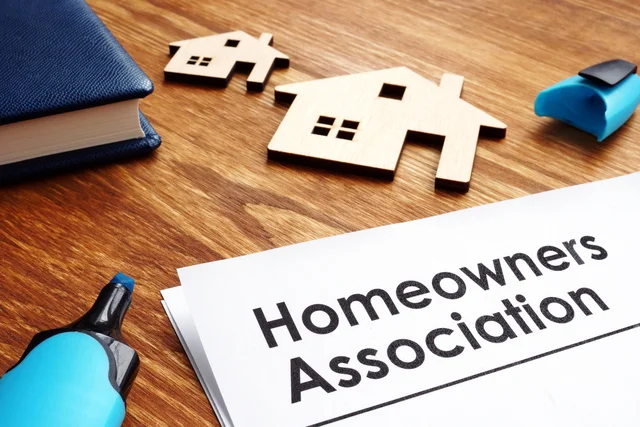
In recent years, the governance of Washington’s common interest communities (CICs) has become a growing concern for both lawmakers and residents. To address this concern, the state enacted the Washington Uniform Common Interest Ownership Act (WUCIOA) in 2018, establishing modern standards for how common interest communities (CICs) should operate.
However, the law only applied to communities formed after its passage and to existing communities that chose to opt in, leaving many older communities largely exempt until January 1, 2028. This led to a fragmented system of inconsistent standards across the state. To address these disparities sooner, the legislature passed Senate Bill 5129 (SB 5129), which begins taking effect July 27, 2025, with full implementation by January 1, 2026.
What is SB 5129?
SB 5129 is a law that accelerates the application of WUCIOA provisions to CICs, modifies key provisions of WUCIOA, and extends WUCIOA’s reach to smaller communities that were previously exempt.
WUCIOA Provision Changes
Below is a chart outlining WUCIOA provision changes that will apply to all CICs:
|
WUCIOA Provision Changes Applicable to All CICs |
Corresponding RCWs |
|
Meetings:
|
|
|
Voting:
|
|
|
Management:
|
|
|
Reserve Funds:
|
|
|
Protection of Purchasers:
|
|
Extension of WUCIOA Provisions to Smaller Communities
Prior to SB 5129, plat and miscellaneous communities were automatically exempt from most WUCIOA provisions if they had 12 or fewer units and annual assessments of $300 or less per unit. (A miscellaneous community refers to a common interest community that is not classified as a condominium, cooperative, or plat community, but where units were lawfully created under Chapter 58.17 RCW—Washington’s Subdivision Act.)
Communities that met these criteria were only required to comply with the following 3 provisions: RCW 64.90.020 (separate taxation and classification of units as real property), RCW 64.90.025 (equal treatment under local building and land use laws regardless of ownership type), and RCW 64.90.030 (procedures and compensation rules related to condemnation and eminent domain). SB 5129 significantly expands both the exemption thresholds and applicable WUCIOA provisions. The thresholds increased to 50 or fewer units and annual assessments of $1,000 or less per unit.
The chart below outlines the additional WUCIOA provisions that will now apply to these communities:
|
WUCIOA Provisions Now Applicable to CICs with 50 or Less Units & $1K or Less in Annual Assessments per Unit: |
Corresponding RCWs |
|
Definitions, Applicability, and Other General Provisions:
|
|
|
Creation, Alteration, and Termination of CICs:
|
|
|
Management:
|
|
|
Protection of Purchasers:
|
|
Takeaway
SB 5129 marks a major step in how Washington regulates CICs. By modifying key WUCIOA provisions and expanding its reach, the law brings long-overdue consistency and modernization to HOA operations statewide. While it may take some adjustment, the long-term benefits of SB 5129 are clear: stronger communities, better-managed associations, and homeowners with greater influence.
If you believe these changes may affect your community, please contact Angela Hill for professional guidance regarding your responsibilities and the appropriate next steps.
- Partner
As former in-house counsel to a real estate development company, Angela brings a practical and business-focused mindset to her work. She is recognized by clients for her efficiency, effectiveness, and creative solutions as well as ...
About this Blog
Stay current on legal news and issues, and learn more about Summit Law Group's practice groups.
Topics
Archives
Authors
Recent Posts
- AI Transparency: A Tale of One Task Force and Two States’ Legislative Bills
- AI Bias and How to Mitigate It
- Washington Employment Law Update: August 2025
- HB 1096 and SB 5559: Increasing Washington's Housing Supply Through Lot Splits and Unit Lot Subdivisions
- SB 5129: What it Means for HOAs, Homeowners, and the Future of Common Interest Communities
- Top 5 Things to Consider When Selling Your Company
- HB 1110: The End of Single-Family Zoning in Washington?
- Understanding Oregon's SB 426: Joint Liability for Unpaid Wages in the Construction Industry
- Key Takeaways for In-House Counsel from IAPP’s Global Privacy Summit 2025
- You’ve Formed Your LLC – Now What?

